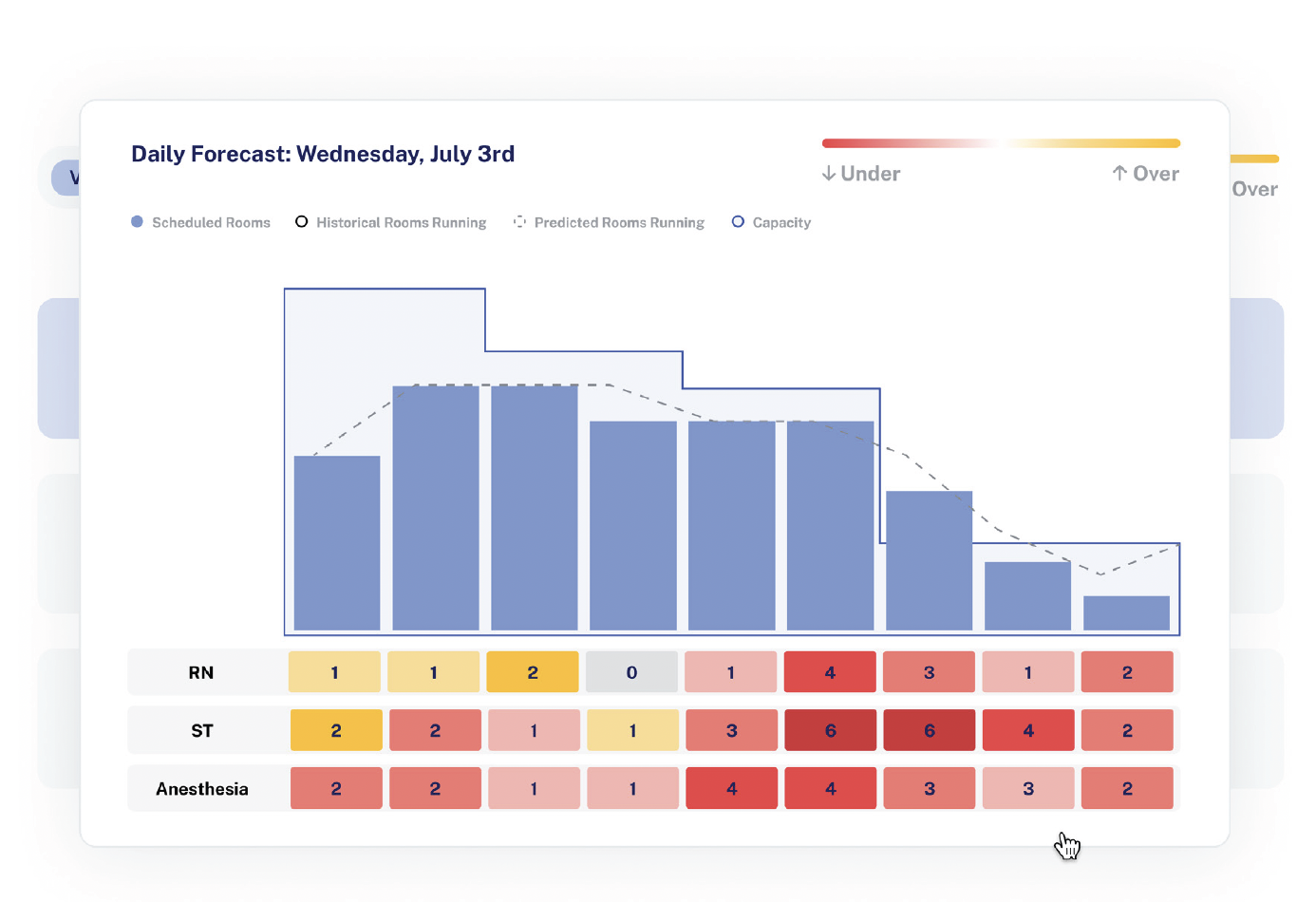
Editor's Note Starting October 1, US hospitals participating in Medicare's Inpatient Quality Reporting Program will need to report adherence to 25 patient safety best practices, as mandated by the Centers for Medicare & Medicaid Services (CMS). According to a September 4 report from the Association of Health Care Journalists, the…

Editor's Note Virtual reality is making training more immersive for nurses at SSM Health St Mary’s Hospital in Janesville, Wisconsin, according to a September 11 article in GazetteXtra. Although a first for St Mary’s, virtual reality has already been adopted by other SSM Health facilities, the outlet reports. Donning googles…

Editor's Note Simple, non-judgmental interactions with therapy dogs could offer a valuable tool in combatting the widespread burnout seen across the healthcare industry. That’s according to a September 16 EurekAlert! news release detailing a study highlighting the emotional support benefits of therapy dogs for not only patients, but also the healthcare…

Editor's Note Aligning with a recent executive order promoting safe and effective use of artificial intelligence (AI) in healthcare, the Centers for Medicare & Medicaid Services (CMS) is seeking input on what providers and others are doing with the technology. Issued September 9, the Request for Information (RFI) invites healthcare…

Editor's Note An American Hospital Association (AHA) analysis of data from Vizient reveals that hospital performance levels in the first quarter of this year was on par with performance prior to the COVID-19 pandemic, despite patients exhibiting more significant healthcare needs. Released this month, the report analyzes data from 2019…

Editor's Note Surgeons used a remote control to perform a magnetic endoscopy on a live pig more than 9,300 km (nearly 6,000 miles) away, Medical Xpress reported August 26. According to the article, researchers at ETH Zurich and The Chinese University of Hong Kong collaborated in the procedure, with the…

Editor's Note The Joint Commission and National Quality Forum (NQF) announced on September 3 they are now accepting applications for the 2024 John M. Eisenberg Patient Safety and Quality Awards. The application window is open until October 29, 2024. The annual awards, which recognize major achievements by individuals and organizations…

For many in the healthcare industry, imagining surgery without onsite sterile processing seems unthinkable. Then again, performing total joints in an ambulatory surgery center (ASC) was unthinkable 10 years ago. ASC sterile processing departments (SPDs) are generally not designed to handle the high volumes of instrument trays, vendor trays, and…

Perioperative leaders face mounting pressures to optimize resources, reduce costs, and improve patient outcomes. However, one challenge stands out among the rest: OR staffing shortages. According to a November/December survey conducted by LeanTaaS in collaboration with OR Manager, staff recruitment and retention is a top priority for OR leaders this…

Editor's Note Recent research sheds new light on addressing two of the most pressing problems for surgical care: handoff communication failures and care bias and inequities leading to adverse—and preventable—events. These problems are the subjects of two separate success stories in the August issue of The Joint Commission Journal…